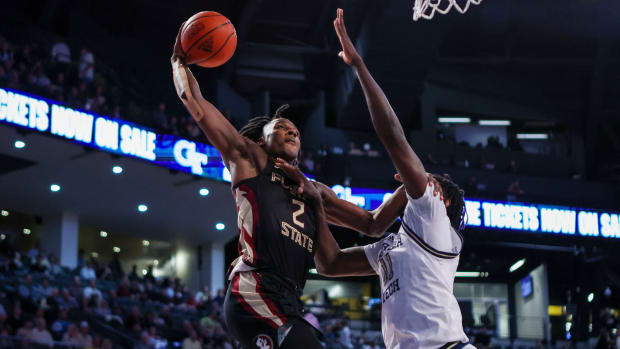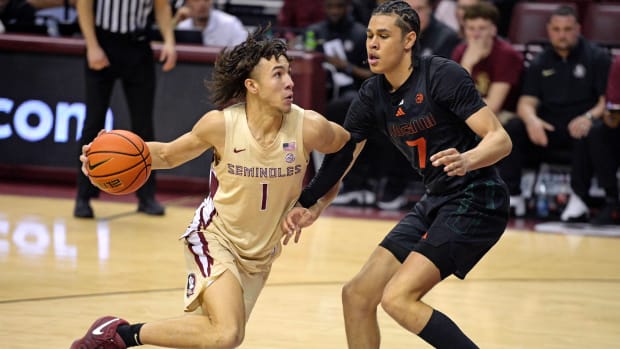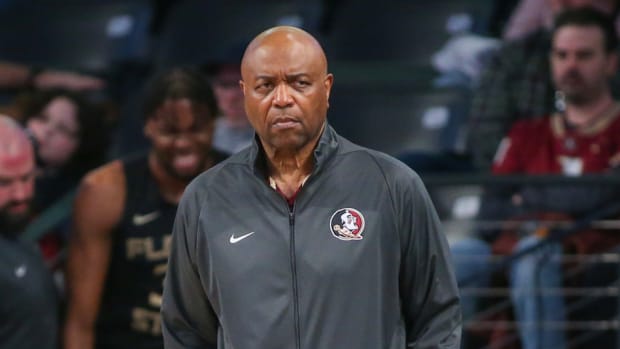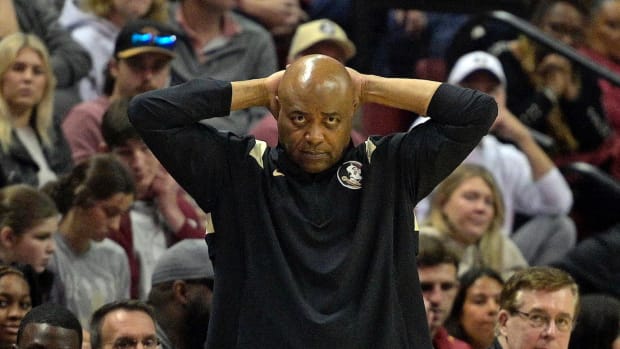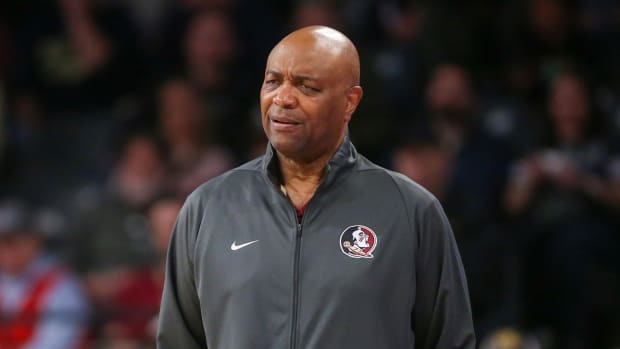You Can't Go Home, But You Can't Stay Here: FSU's International Athletes Face Unintended Consequences of Canceled NCAA Activities
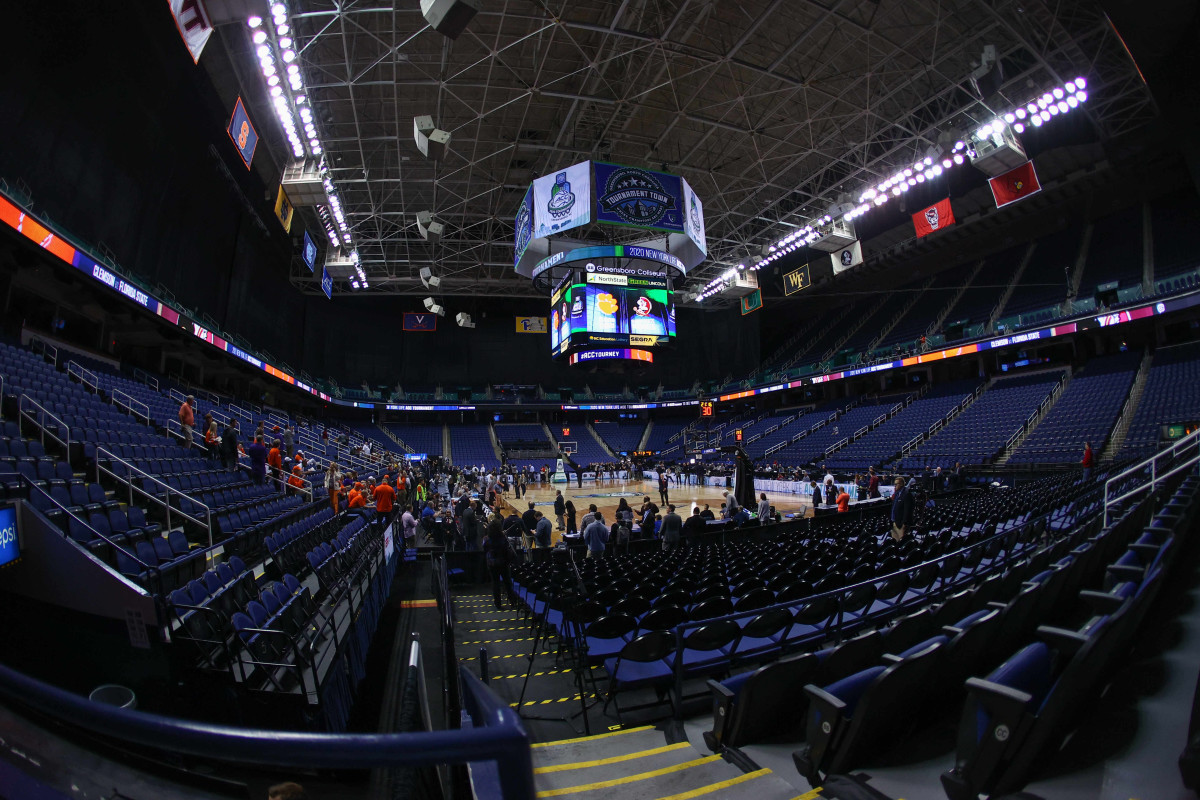
Speaking with FSU officials yesterday, it seems as if there are unintentional negative consequences for student athletes on scholarship when the ACC and NCAA canceled academic and athletic activities in response to the COVID-19 pandemic.
First and foremost affected are international students. It is not uncommon for Florida State teams to have multiple athletes from around the globe, but when countries began to close their borders, that means these athletes cannot return home.
For example, the men's tennis team has one United States citizen on its roster of 10. The other nine athletes are from Argentina, Australia, France, Luxembourg, Norway, and Puerto Rico.
Compounding the issue is the money that has dried up for these scholarship athletes, specifically money for their stay in Tallahassee over spring break and into the summer semester.
When scholarship athletes stay to train during scheduled breaks, it is mandated by law that they are compensated for room and board by the day. The combined time of spring break and early summer break, when students are training for the postseason, can amount to nearly a month of per diem.
Additionally, students who stay for summer break are compensated by their scholarship for the classes they are taking. If they are in school, they receive room and board with it. If those classes are canceled, the athletes are without said room and board.
It's important to remember, as well, that not all athletes are full scholarship athletes. Most are not, in fact. But their access to basic necessities are compromised when athletics are halted.
When students are not financially solvent outside of their expected scholarship money, which technically the per diem is not but students build into their personal budget anyway, this presents a fairly enormous obstacle. So they are left in the US without the ability to get home and without the money they were expecting to live on.
Less important, but particularly interesting, since the ACC and NCAA canceled all coaching and recruiting activities, athletes cannot train with their coaches in any capacity.
It isn't a big deal for fall and winter sport athletes, because they can practice on their own without it negatively affecting their team and long term professional prospects. But consider a spring sport like baseball, in which players are using the season to vault them into position for the MLB draft and summer ball leagues to gain experience and exposure.
Or even worse, track and field athletes who are training for USA Championships and Olympic trials, both of which are still scheduled to take place. If someone like Trey Cunningham, the third best hurdler in the US and likely Olympic team member cannot work with coaches because of NCAA barriers, this puts him at a disadvantage for competition on the world's largest stage.
The ACC athletic directors and Commissioner, John Swofford, are meeting this morning via teleconference to discuss the fallout from cancellations and to discuss ways to troubleshoot these unintended consequences.

